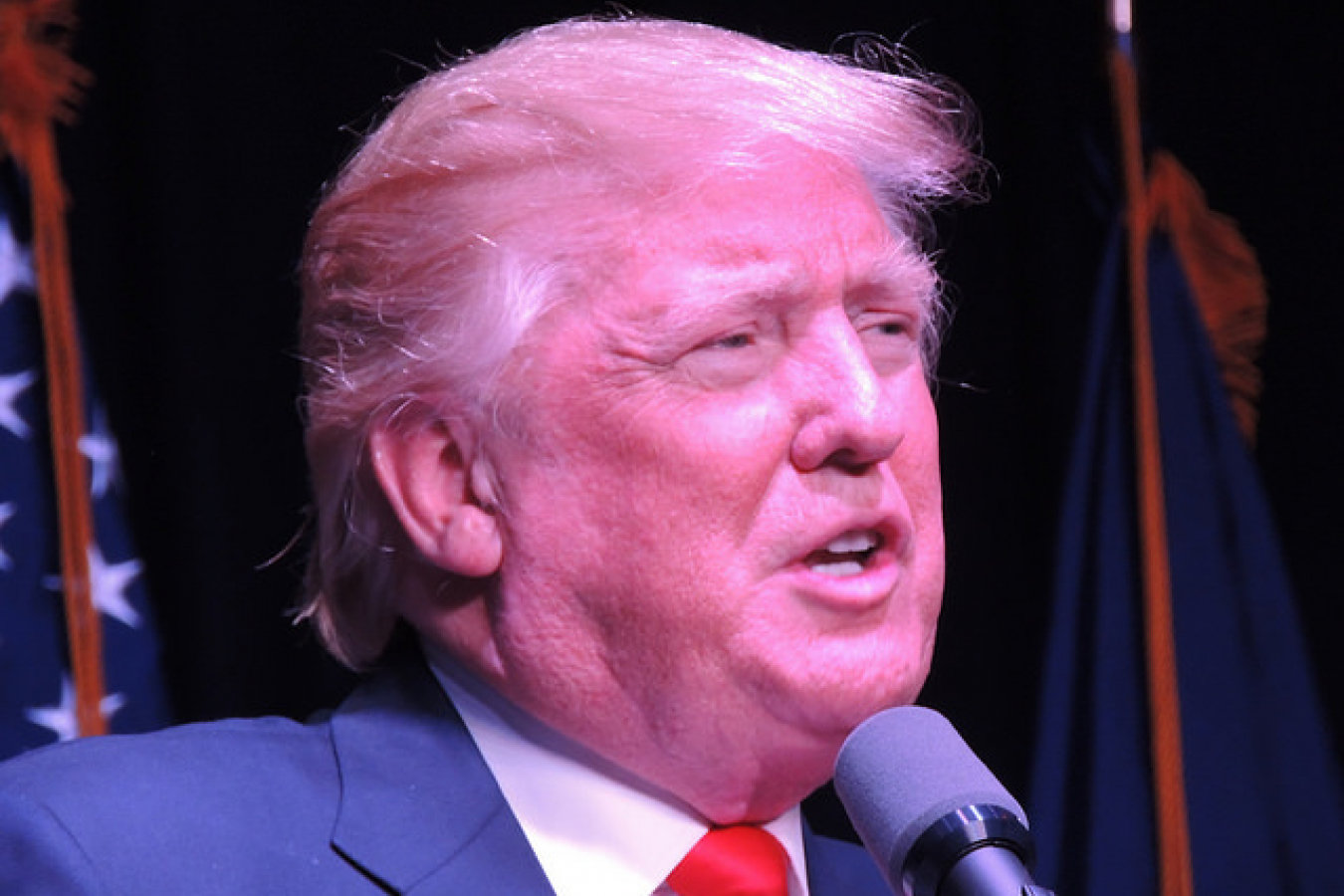Extreme vetting procedures and a high summer volume of US visa applicants will result in severe processing delays, US Consulates have warned. Foreign nationals face longer waiting times for US visa appointments at Consulates, as well as delays in the issuance of non-immigrant visas such as B1 and B2 visit visas, and H1B and L1 visas, while F1 student visas will also be affected.
US Consulates around the world attribute the delays to a series of strict vetting processes for some applicants, introduced by President Trump and his administration team. Meanwhile the summer months lead to an exodus of immigrants heading home, but needing to renew their US visa ahead of their return.
Additionally, ahead of the school year and fiscal year allotment of H1B visas on October 1, many overseas nationals relocating to the States will be submitting their US visa application for the first time. These factors will add to longer waiting times at US Consulates worldwide.
Trump’s extreme US Visa vetting procedures
Changes in visa processing procedures, referred to as extreme vetting by the Trump administration, look set to make delays worse. Recently, the Department of State suggested the use of a new form - Form DS-5535 – to gather additional information from US visa applicants who are subject to further scrutiny.
The proposed form is currently awaiting comment, review and approval.
At present, it’s too early to speculate as to the impact Trump’s extreme vetting procedures will have. It is understood though that applicants will need to supply considerably more information. According to information released by Homeland Security, US visa applicants could be forced to:
- Hand over their phones so that consular officers can examine their contacts and correspondence;
- Provide their social media handles so that public posts can be viewed;
- Provide phone numbers and e-mail addresses for the last five years;
- Specify the names and dates of birth for all siblings, children and current and former spouse(s) or civil and domestic partners; and
- Present 15 years of travel history (including source of funding for travel), employment history and residential addresses.
Addressing Congress in February, John Kelly the Homeland Security Secretary said: “If they don’t want to give us that information, then they don’t come.” Kelly’s comments echo those of Rex Tillerson, the US Secretary of State, who has directed US consular officers around the world ‘not to hesitate when refusing a US visa application.’
Although the new vetting procedures won’t apply to all US visa applicants, they will result in longer waiting times for all applicants for visa appointments, increased refusal rates for some applicants and potential delays to visas being issued should a consular office decide that they need to assess an application further.
Those applying for a US visa to travel to the country this summer are being advised to do so in advance, but should still be wary of delays while the Department of States integrates the new procedures.
Workpermit.com can help with US employment-based visas
If you would like to apply for a US work visa – including L1 visas, E1 and E2 visas, B1 in lieu of H1B visas and H1B visas - workpermit.com can help.
WorkPermit.com is a specialist visa consultancy with over twenty-nine years of experience dealing with visa applications. We can help with a wide range of visa applications to your country of choice. Please feel free to contact us for further details.




